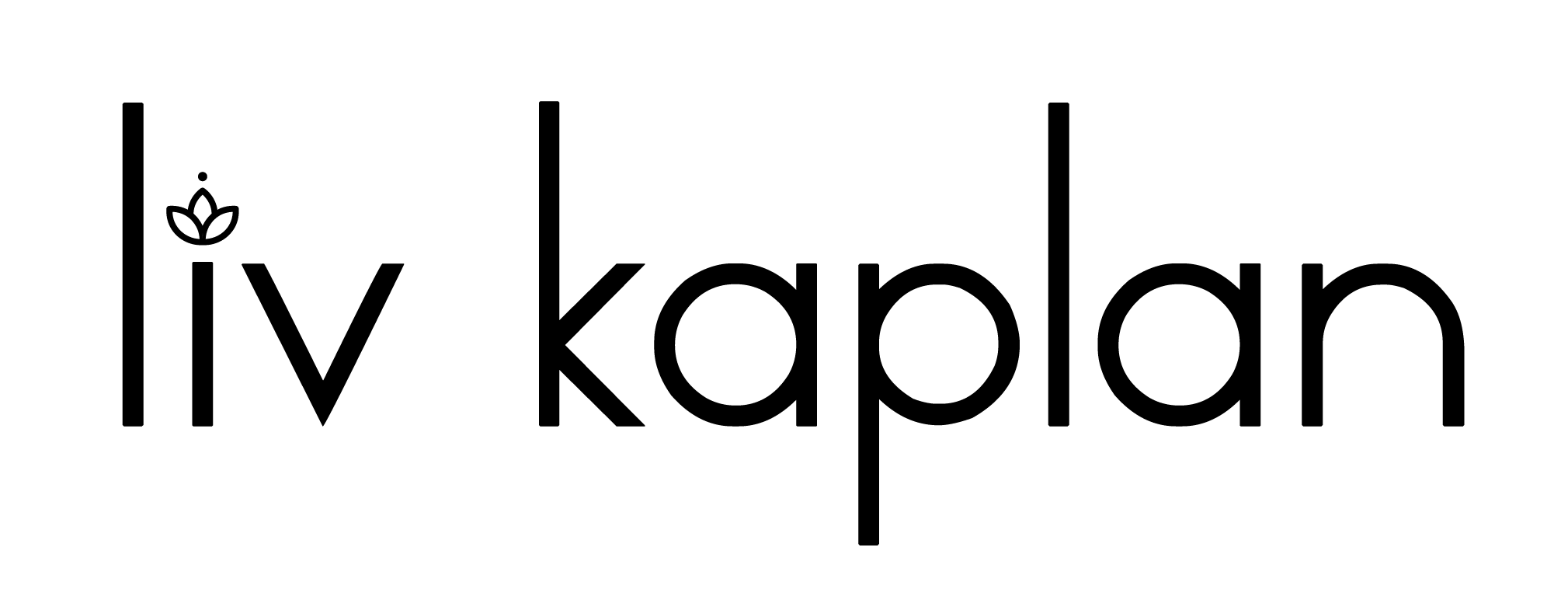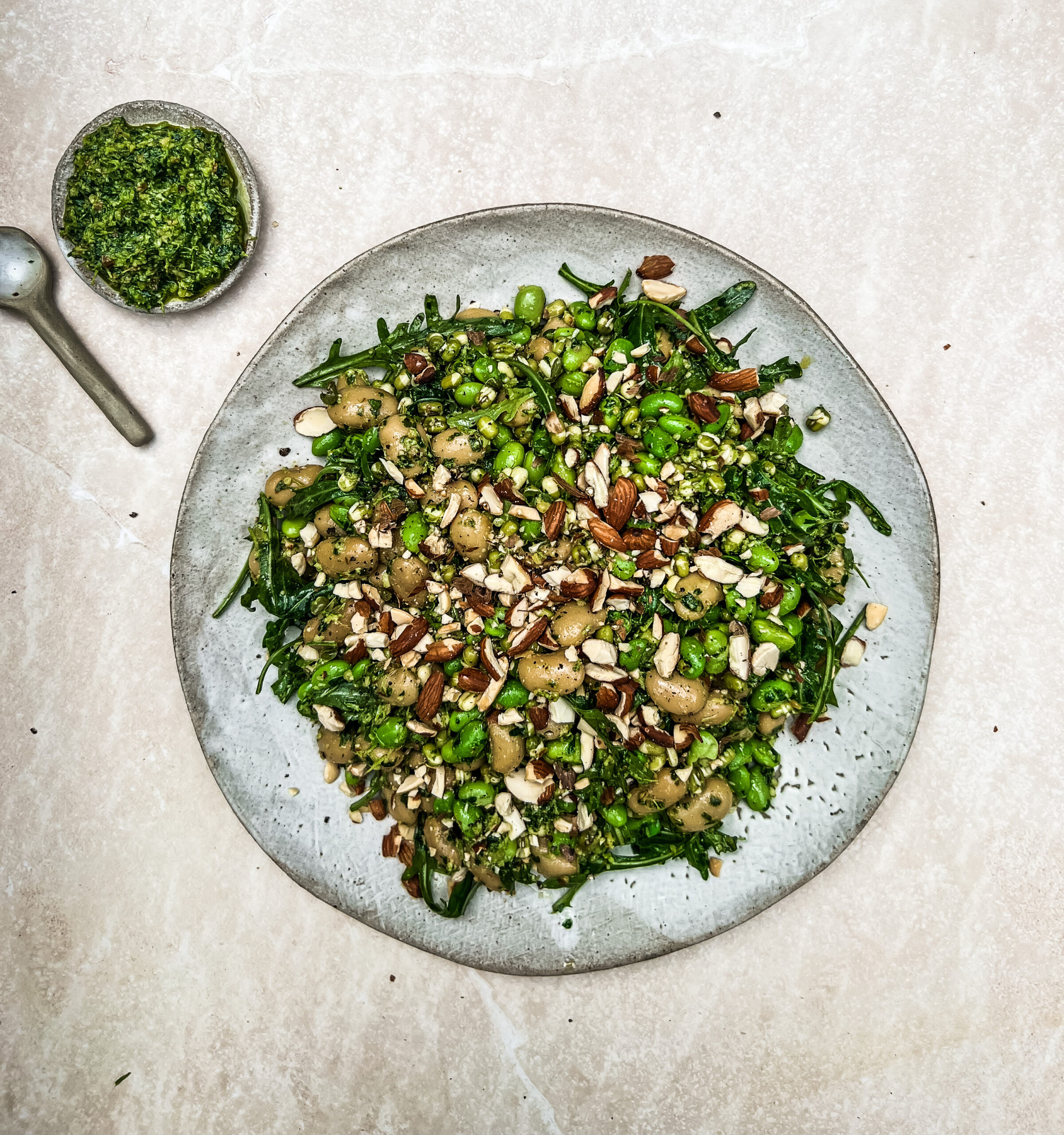A Healthy Brain Is A Healthy Mind
We cannot be well without a healthy mind, and a healthy brain is necessary for this.
I have a strong objection to the exclusive focus on calories as a measure of health. It is a fundamentally flawed approach, and it is disheartening that most people consider it the primary indicator of healthy eating.
Calories Alone Are Not Enough for True Health
Calories alone do not determine one’s overall health. In fact, they do not even determine weight accurately. Weight is influenced by a combination of factors, including hormones, genetics, and eating behaviour.
Health encompasses many things: energy levels, physical appearance, happiness, mobility, quality of life, quality of relationships, self-perception, and yes, weight too.
And a fundamental part if this is your brain health.
The Integral Connection Between Brain Health, Mind Health and Wellness
Brain health = mind health = human health.
The well-being of the mind is intricately connected to human health as a whole.
When the sole focus is on calories, these vital aspects are neglected. If the brain (and consequently the mind) is not healthy, no amount of low-fat yogurt or calorie-controlled junk food can resolve the real issues, weight aside.
Ironically, it is challenging to live a healthy lifestyle or make nutritious food choices when the mind is not in a healthy state. It perpetuates a negative cycle.
However, it is entirely possible to transform this into a positive cycle:
Good Food → Healthy Brain → Healthy Mind → Chooses Good Food
The Importance of Prioritising Brain Health
There is a lot more to healthy eating than healthy food alone.
If your mind is not sorted out, you will not eat well. If you are not eating well, you won’t be in a state to make good choices and live a fulfilled life.
Addressing the mind is a significant undertaking, but when it comes to diet, prioritising foods that support brain health goes a long way toward nurturing a healthy mind. This translates into feeling good, fulfilled, aligned, and free from unexplained anxiety and depression.
Where We Often Go Wrong
It suits humans to find an escape route. We often hear statements like, “It doesn’t matter what I eat as long as I don’t consume too many calories.”
However, the reality is that there are no shortcuts when it comes to health. These shortcuts only create further imbalances within the body. While you may be able to “cut calories,” what are you sacrificing in the process? Opting for low-fat everything, relying on diet soda to suppress hunger, consuming “portion-controlled” junk food under the guise of convenience, making large portions of sugar-free jelly to mindlessly satisfy cravings (without addressing behaviours in the first place), and replacing real food with highly processed refined wheat products cooked in vegetable oil labeled as “low calorie” and “low fat” are all examples of attempted shortcuts that don’t actually lead us to wellness. I argue that these actually move us further away.
By pursuing such approaches, you compromise the health of your hormones and brain, which in turn affects the well-being of your mind and ultimately your overall identity. It’s impossible to feel good when our brains and hormones are not functioning optimally. Paradoxically, when these essential elements are lacking, true wellness becomes unattainable. Therefore, simply cutting calories accomplishes very little.
Why It’s A Backwards Approach
What do I mean by this?
- Without a healthy brain and mind, we struggle to control our emotions and face a greater risk of heightened anxiety and unexplained symptoms of depression. We also feel disconnected from ourselves.
- This often leads to emotional eating, loss of control over our choices, a lack of autonomy in our lives, and feelings of low self-worth—believing we will never achieve the life we secretly desire.
- The need to numb ourselves with substances or excessive screen time only perpetuates the cycle of poor brain and mind health.
If you don’t have these fundamental elements of health, trying to cut calories as a means of wellness or weight loss is like trying to drive a car with no wheels. It simply won’t work and ultimately gets you nowhere.
How To Support Your Brain Health
So, what can we do to support our brains?
- Avoid consuming sugar, alcohol and industrial seed oils where possible.
- Reduce toxins found in makeup and body care products, particularly sunscreen.
- Be mindful of your blood sugar.
Nourish your body by:
- Eating an abundance of vegetables and some fruits, preferably organic.
- Incorporating nourishing animal foods such as pastured eggs, grass-fed meat, and wild fish.
- Including healthy fats like olive oil, avocado, salmon, and egg yolks.
- Opting for unprocessed plant-based options like sprouted legumes instead of wheat crackers.
I know this is easier said than done, and exactly why this is the ‘why’ behind my work. All the time I put into my content is to make at least the food side easier and tastier for you. I’m still discovering the best way to do this, but I hope that because you are reading this in the first place, I’m doing something right.
Additionally:
- Honour your sleep and circadian rhythms. A few updates to my health routine recently is wearing these red glasses at night. They have been an absolute game changer for my sleep. I’m a pretty good sleeper as is, and normally don’t struggle to fall asleep – I put a lot of this down to having busy days so I’m generally exhausted at night. But the change of wearing these glasses has allowed me to get tired much earlier, so I’m not go-go-go until 11pm.
- I know you’ve heard it all before but… Your phone time. Reduce it. And you need to do more than just say you are going to. Our phones are engineered to control us (this is very evident with average phone usage). Go into your settings and find “App Limits”, set them and stick to them. Charge your phone outside of your bedroom. Make things easy for yourself instead of relying on willpower – it does not work.
This is just a high-level overview, although even these basic lifestyle requirements are interestingly still uncommon for most people, even healthy ones! For further information, I recommend reading books by Daniel Amen or listening to his podcast interviews. He played a big role in my decision to give up alcohol this year.
In my opinion, supporting brain health requires the inclusion of nourishing animal foods like pastured eggs, grass-fed meat, and wild fish. While there are exceptions, I have noticed that many vegan females tend to develop significant gut issues, often accompanied by poor mental health. While inadequate nourishment is one factor, it’s also the common increase in wheat flour-based products, soy products, and sugar commonly found in modern vegan diets (although not all). For wellness and specifically brain health, this is important, and sadly it’s not simple. But this comes back to the idea that there are no shortcuts in true health.
Our Food And Lifestyle Choices Hold Serious Power
I am not one to say “eat everything”, because I don’t believe it is supportive of health. And someone has to say it. I wouldn’t let my family drive without seatbelts, I wouldn’t ski without a helmet, I wouldn’t leave the house with my doors wide open for anyone to walk in off the street. So why would I sit back and knowingly choose things that increase my risk of a long list of things I don’t want – depression and anxiety specifically!
I urge you to consider a holistic approach to health that takes into account how even small lifestyle choices, like eating something healthy or putting your phone down, add up to huge benefits and bring you health and happiness.











Thank you Liz, I find your ideas are on the same page as mine. I love reading all you you have to say. Your recipes are fantastic. I have shared many of them .